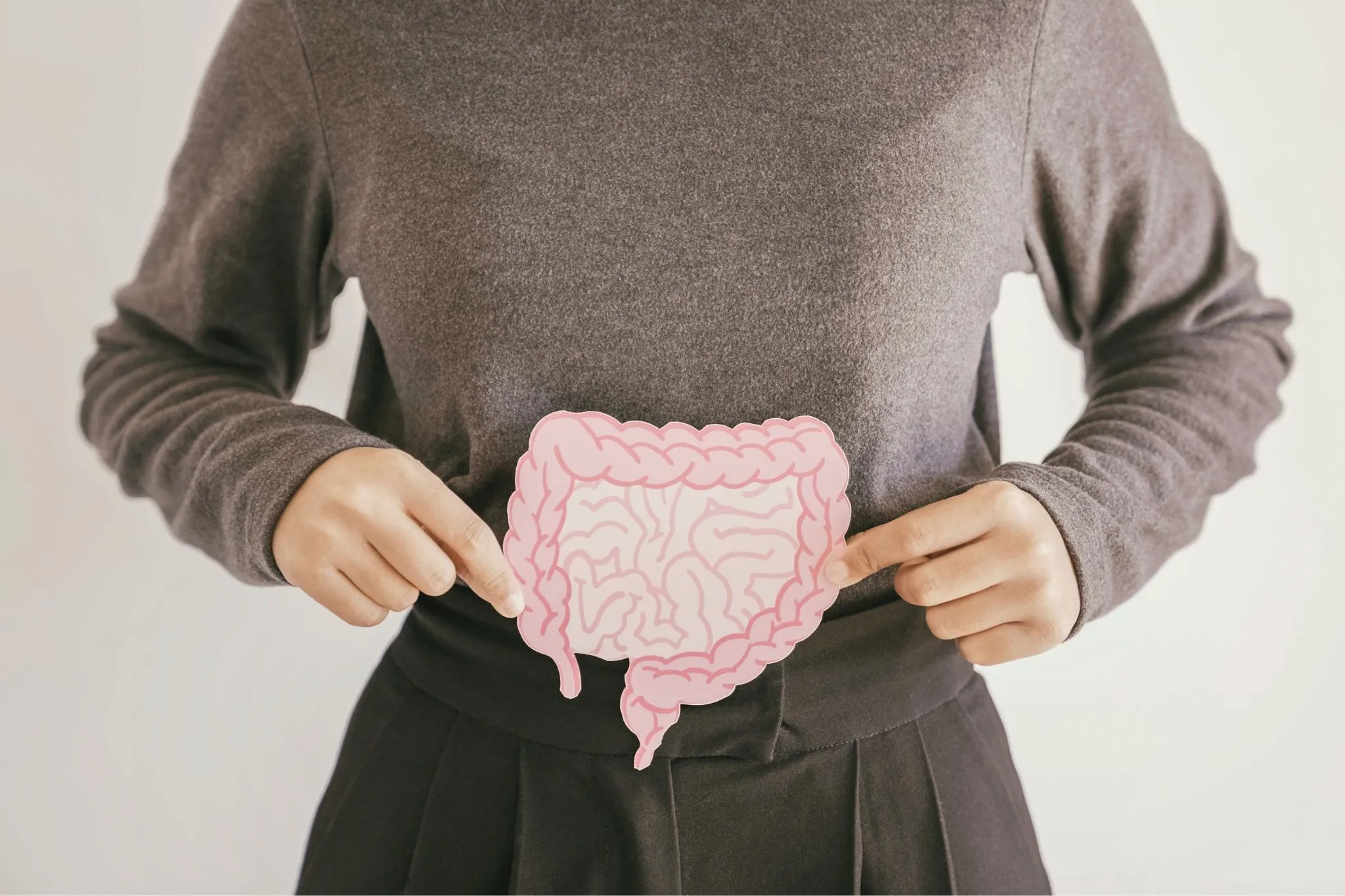
With the growing demand for complementary and alternative medicine (CAM) for IBS, researchers are exploring turmeric extract (curcumin) as a potential treatment.

Curcumin is the biological active phytochemical extracted from the rhizome of the turmeric plant. The compound contains a unique combination of anti-inflammatory and antioxidant properties, making it a leading contender in the race to find natural treatments for inflammatory conditions.
Curcumin has been found effective in treating IBD in a number of trials and is currently undergoing clinical investigation for other digestive and inflammatory conditions, including IBS.
What Is IBS?
Irritable bowel syndrome (IBS) is a common gastrointestinal condition affecting roughly 10% to 15% of the global population. The condition can be debilitating, and drastically reduces quality of life. Both the cause and cure for IBS remain elusive, but there are ways to manage the symptoms with certain diet changes and therapies.
Common Symptoms of IBS:
- Stomach cramps
- Bloating
- Diarrhea
- Constipation
- Flatulence
- Fatigue
- Nausea
What causes IBS?
The cause of IBS is still unknown, but certain factors may play a role in its development.
One of the more common underlying causes of IBS appears to be stress. Studies show that those who were exposed to early-life stress are more likely to have IBS symptoms than healthy controls.
Many cases are driven by severe infection followed by a case of acute gastroenteritis, which can lead to the development of IBS. Irregular contractions of the intestinal walls can also lead to many symptoms of IBS.
Alterations in the composition of gut microbiota may also play a role in the development of IBS. In fact, the reason infections followed by gastroenteritis leads to IBS is due to a disruption of gut flora, with increases in Bacteroides and Prevotella frequently reported in IBS patients. An imbalance of gut bacteria, known as “dysbiosis”, can affect our immune system and gut barrier function, as well as impact the gut-brain axis.
Researchers have observed two types of bacterial changes that are predominant in IBS patients:
- Diarrhea-predominant IBS patients show more small intestinal bacterial overgrowth.
- Constipation-predominant IBS patients show an increase in levels of methanogenic archaea.
How Does Turmeric (Curcumin) Help IBS?
The benefits of curcumin for gut health are well known, but recent research has pinpointed a few specific mechanisms that help relieve IBS symptoms.
Patients with IBS show high interleukin-6 (IL-6) levels and suffer from immune activation as well as chronic, low-grade mucosal inflammation. Curcumin has been shown to reduce IL-6 levels, regulate mediators of cellular inflammation, and exert mucosal protective effects.
An animal model of IBS showed abnormal functioning of serotonin receptors in the gut (5-HT), associated with changes in gut motility and enhanced sensitivity to pain – two prevalent symptoms of IBS. Rats with IBS also showed a reduction in brain-derived neurotrophic factor (BDNF) and pCREB expression in the hippocampus. When treated with curcumin, both BDNF and pCREB levels in the hippocampus increased.
Evidently, curcumin targets many pathways and receptors involved in IBS and therefore may be a promising therapy for its associated symptoms.
Is Turmeric Good for IBS Patients?
A 2018 meta-analysis on turmeric extract for IBS observed the data from three studies, including 326 subjects altogether. The results were not statistically significant, but curcumin was still found beneficial for IBS patients and relieved many of their symptoms.
Does Turmeric (Curcumin) Help Bowel Movements?
There is promising evidence for the ability of turmeric extract to reduce bowel movements in cases of Crohn’s disease. Research on curcumin for this symptom in IBS is relatively light, but as turmeric extract is proven to enhance gut health, it may promote healthy, regulated bowel movements.
One trial in Japan showed that curry with turmeric resulted in shortened “small-bowel transit time”, although it appears the trial used regular cooking turmeric as opposed to 95% concentrated curcumin.
Side effects of Tumeric On the Digestive System
Curcumin has been known to cause mild adverse effects, but only in large doses exceeding 1000 mg.
Side effects on the digestive system include:
- Upset stomach
- Diarrhea
- Bloating
- Acid reflux
Can Turmeric Cause Gas and Bloating?
Bloating is a rare side effect of curcumin, generally only seen when doses exceed 1000 mg. At lower doses, curcumin can actually relieve bloating.
How To Use Turmeric For IBS?
The most effective way to take curcumin for IBS, or any digestive condition, is in 95% gut-directed curcumin supplements. This formulation has been found extremely effective for digestive ailments.
Is Cooking with Turmeric Good for IBS?
There is no current evidence to support turmeric alone as a treatment for IBS. That said, adding this popular spice to meals never hurts, and may offer some benefits aside from being delicious.
Is Turmeric and Ginger Tea Good for IBS?
There is currently no evidence that turmeric tea has the same effect as turmeric supplements. In fact, it may be more helpful to drink ginger, fennel, and/or peppermint tea after a meal.
How Much Turmeric (Curcumin) Per Day For IBS?
Start with 150-250 mg of curcumin per day, which is generally 1-2 capsules per day. This is the standard dose. If you feel you need more, check with your doctor or a healthcare professional.
Finding the Right Curcumin for You
Curcumin has been found exceptionally beneficial for a range of digestive conditions and may help alleviate many symptoms of IBS. For IBS, or any digestive ailment, make sure to purchase 95% concentrated gut-directed curcumin.





